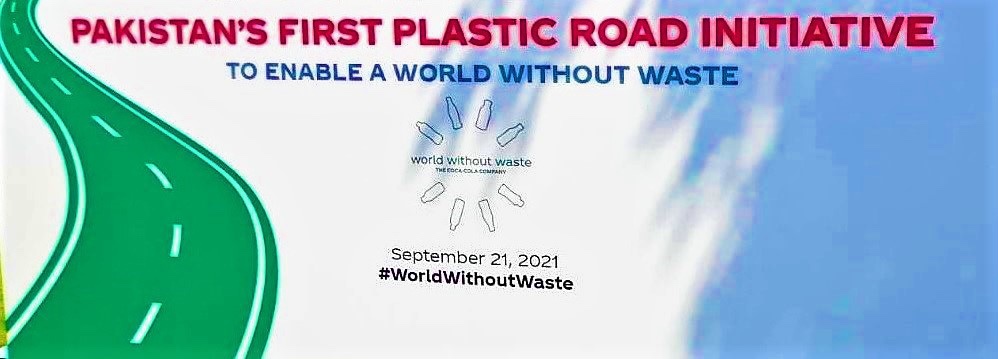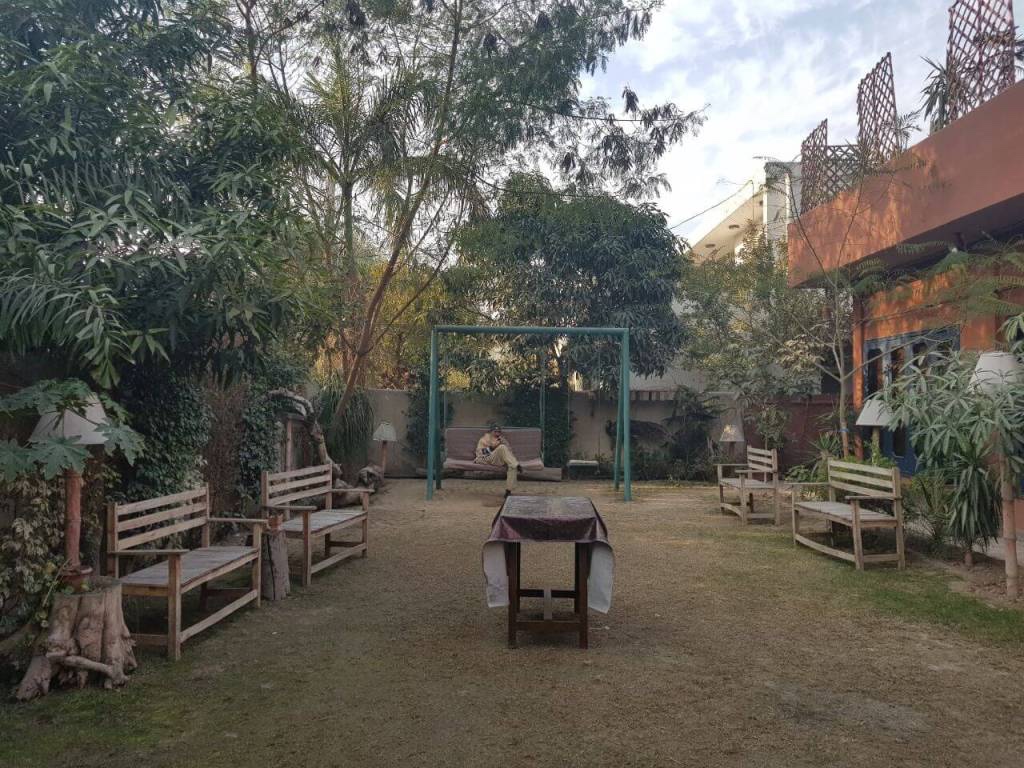It was the Earth Day (April 22, 2021), when China unveiled its first road built with recycled plastic waste at East China University of Science and Technology, in Shanghai. The road, built of over 6,000 discarded milk bottles and other plastic waste, was an attempt to explore innovative approaches in tackling plastic waste pollution. According to Chinese experts, the road is attractive in terms of appearance while the process of building plastic roads is more convenient than building traditional asphalt roads. “It is more convenient to pave and the technique is ‘completely replicable’,” said an official of Dow Chemical.
Following the footprint of China, Pakistan has started building plastic roads to play its part in the ‘World without Waste’ initiative.
The Capital Development Authority (CDA) has joined hands with Coca-Cola Pakistan and Afghanistan and Teamup/National Incubation Centre to ‘re-carpet national roads with plastic waste’. In this regard, all the partners signed an MoU on September 21 in Islamabad. Under the agreement, a one-kilometer road at F-9 Park Islamabad would be ‘modeled as a proof-of-concept’ with eight tonnes of waste plastic.
If the experiment remains successful, CDA will build plastic roads in the future with its own expenses to beat environmental pollution, according to a government official.
According to Amir Mateen, Senior Pakistani Journalist, the plastic waste is increasingly being used in roads. “It may have some disadvantages but it depends on how you use it. So far, positives are known to be much more than negatives particularly for countries such as Pakistan,” he said.
According to UNDP, with the highest percentage of mismanaged plastic in South Asia, Pakistan produces 3.3 million tons of waste plastic every year.
Environmental Expert Dr Aziz Rahim said plastic waste and its degradation have received special attention in China. Different methods for plastic degradation like bio, advanced oxidation process, chemical and mechanical methods are being used in China and the country is continuing to conduct research over the issue. “If Pakistan wants to adopt plastic roads at large scale, it must follow researches conducted in China and advance Chinese technologies for the successful execution of such products,” Dr. Rahim told.

















